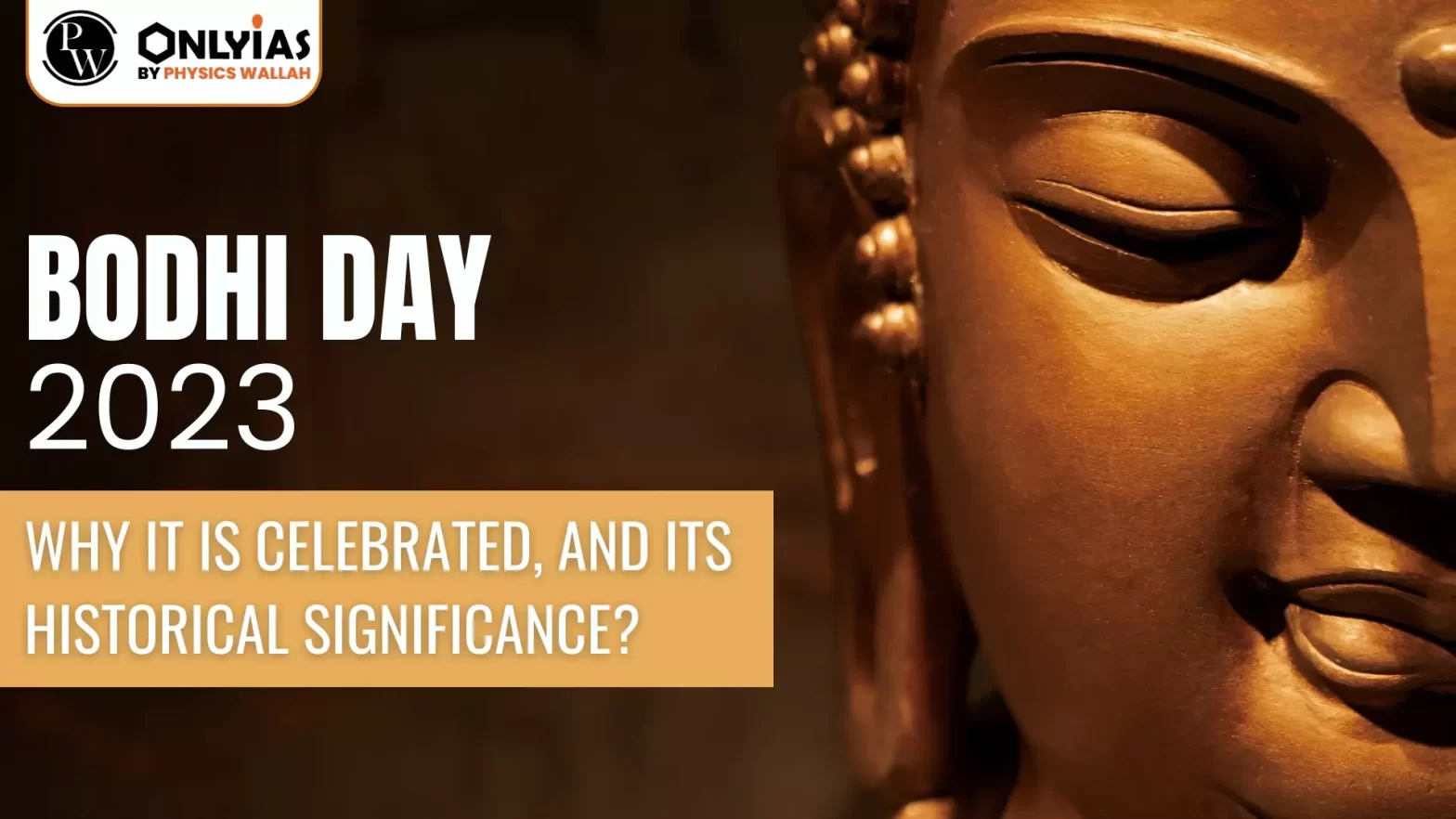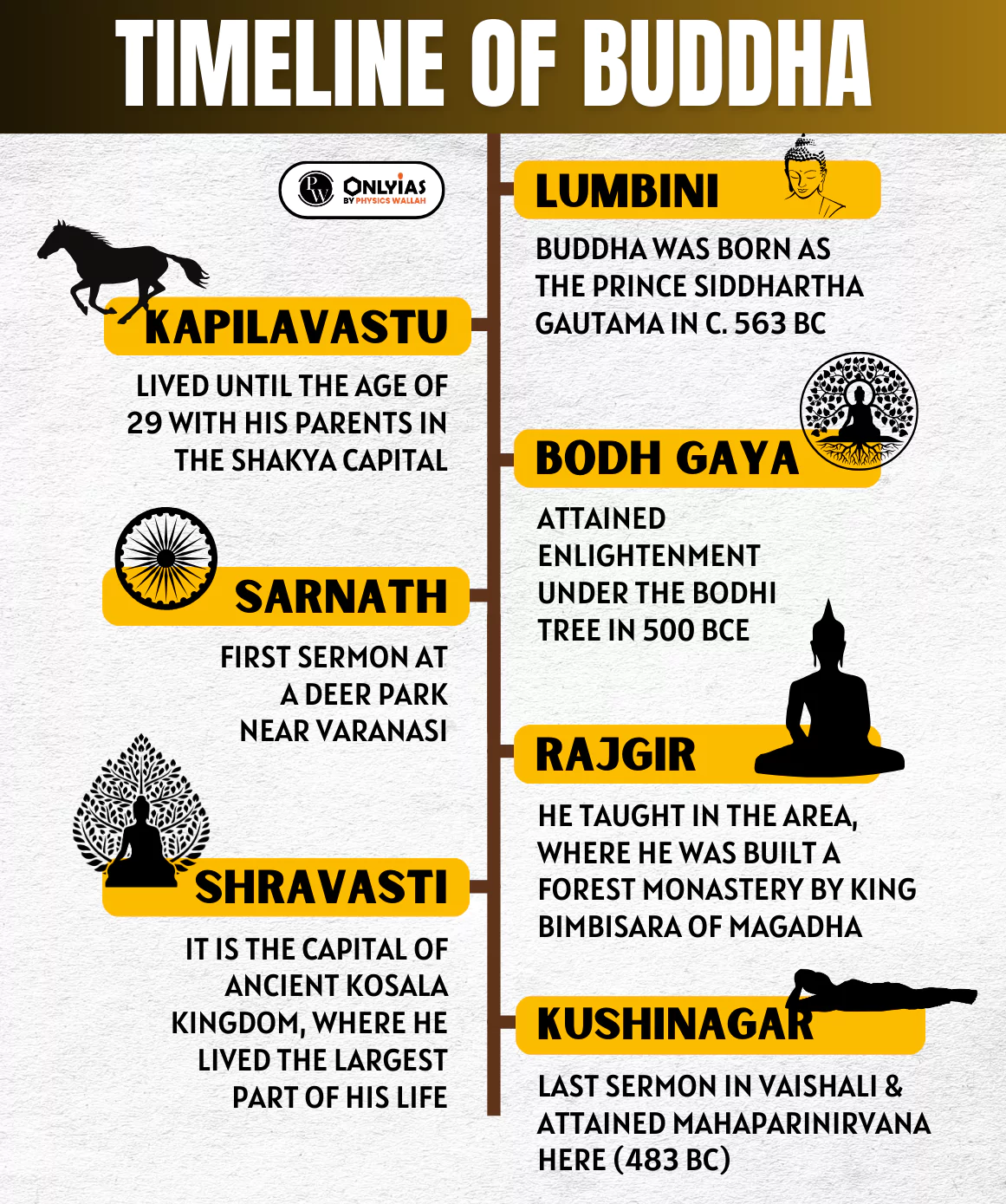Bodhi Day will fall on December 8 this year. It occurs on the eighth day of the 12th month of the lunisolar calendar.

Context: Bodhi Day will fall on December 8 this year. It occurs on the eighth day of the 12th month of the lunisolar calendar.

Buddhism and its philosophies are relevant in contemporary times when the world is increasingly becoming violent. Bodhi Day encourages the adoption of Buddha’s teachings in everyday life.
| Must Read | |
| NCERT Notes For UPSC | UPSC Daily Current Affairs |
| UPSC Blogs | UPSC Daily Editorials |
| Daily Current Affairs Quiz | Daily Main Answer Writing |
| UPSC Mains Previous Year Papers | UPSC Test Series 2024 |
Bodhi Day will fall on December 8 this year. It occurs on the eighth day of the 12th month of the lunisolar calendar.
Bodhi Day is celebrated to commemorate the day Gautam Buddha sat under the bodhi tree and achieved enlightenment 2500 years ago.
Followers of Buddhism indulge in meditation, studying the Dharma, chanting Buddhist texts (sutras), or performing kind acts towards other beings to mark the day.
Gautama Buddha was a religious teacher, ascetic, and philosopher, who was the founder of Buddhism.
Siddhartha sat meditating under a peepal tree in Uruvela on the banks of the Niranjana River. He meditated for 48 days and on the 49th day, he achieved enlightenment. This place came to be known as Bodh Gaya.
Sariputra, Ananda, Mahakasyapa, Upali, Rahula, Subhuti, Mahāmaudgalyāyana, Punna Mataniputta, Mahākatyāyana, and Aniruddha were the famous disciples of the Buddha.
Dukha (Suffering) Samudaya (Root cause of Suffering) Nirodha (Reducing suffering by conquering desires) Magga (Path to conquer suffering by following an eight-fold path)
Right view, right resolve, right speech, right conduct, right livelihood, right effort, right mindfulness, and right samadhi.
Buddha (the highest spiritual potential) Dhamma (Buddha’s teachings) Sangha (order of Buddhist monks)
Heenayana, Mahayana, Theravada, Vajrayana, and Zen are the major schools of Buddhism.
<div class="new-fform">
</div>
